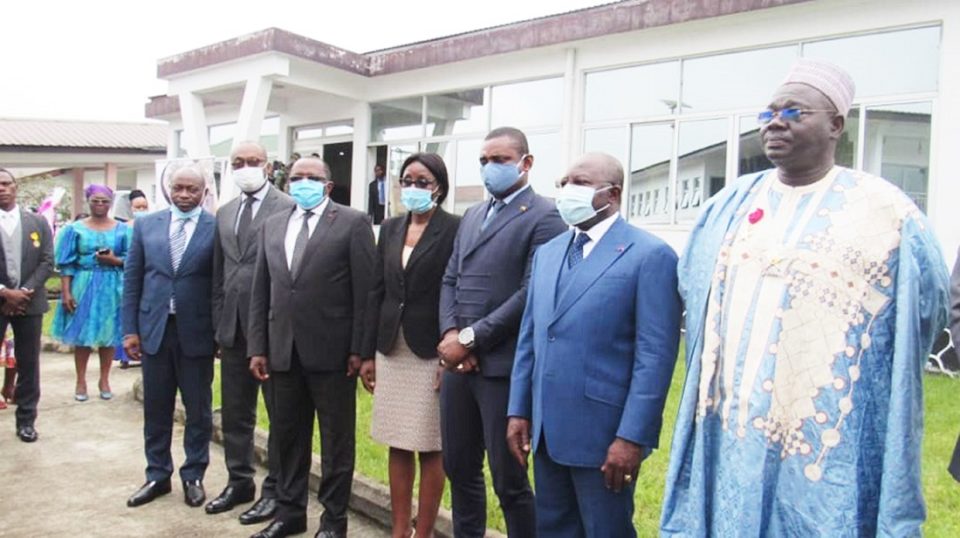The school for local administration is a key chip as President Biya continues to implement decentralization.
Yaounde, for example, is about to devolve the exploitation of minerals such as sand for local usage to the local councils. The Secretary of State in the Ministry of Mines, Industries and Technological Development Fuh Calistus Gentry hinted over CRTV. He was referring to an application text of the decentralization law. In gestation. Councils will need trained staff to manage this sector and others. NASLA has designed a Management of Mineral Resources module. There are 23 of such specific trainings. The list is not “exhaustive”, authorities of the school say. “Other modules can be designed and taught depending on prevailing needs and client request,” the prospectus reads.
NASLA has designed certified programmes to train suited workers for the councils. The school of local administration is partitioned into Cycles A, B and C. Senior executives of local administration will be trained in Cycle A. Mid-level staff in Cycle B and Specialized workers in Cycle C. The brochure of the school states. NASLA has molded an in-service training programme for Senior and junior staff of the regional and local councils. These staff will be trained in Local Finance Management, and General Administration and Social Affairs.
The school curricular was adopted at the first ordinary and extraordinary board meeting held on September 18 and 19, 2020. The NSALA board also agreed on a budget of FCFA 2,3 billion, a statement from the Chair Mouhtar Ousman Mey said.
As the board meeting was holding, candidates for the maiden regional elections were composing files. The CPDM party was also sieving candidates on the party-ticket for investiture. Regional Councils are considered the final intuitional gap that has been filled to complete the decentralization. It shows President Biya’s commitment to speed up decentralization. One year after the Major National Dialogue held. Participants asked government to fast-track decentralization.
Municipalities and regional councils would soon take an active role in developing their jurisdiction. Yaounde would cede more power to the regions. Qualified staff is essential for the councils to function as desired.
The Director General, Tanyi Tiku EnohAchuo Bayee and, his deputy, Lidwine Ongolo Nyanguinda have a huge challenge. To train skilled staff of regional and local councils that will move the development of Cameroon forward.




